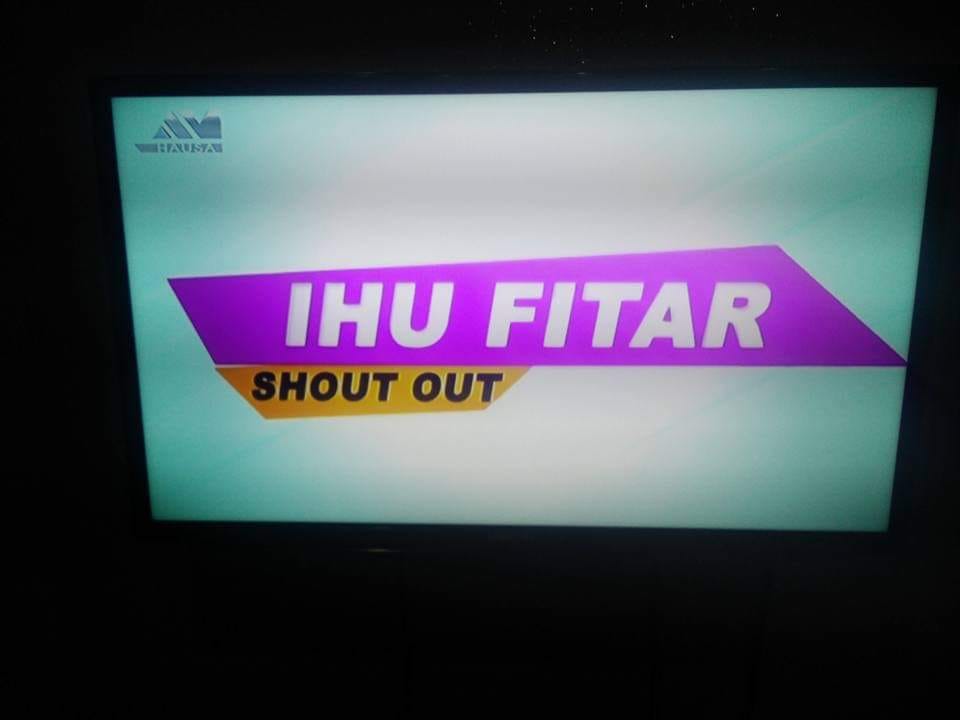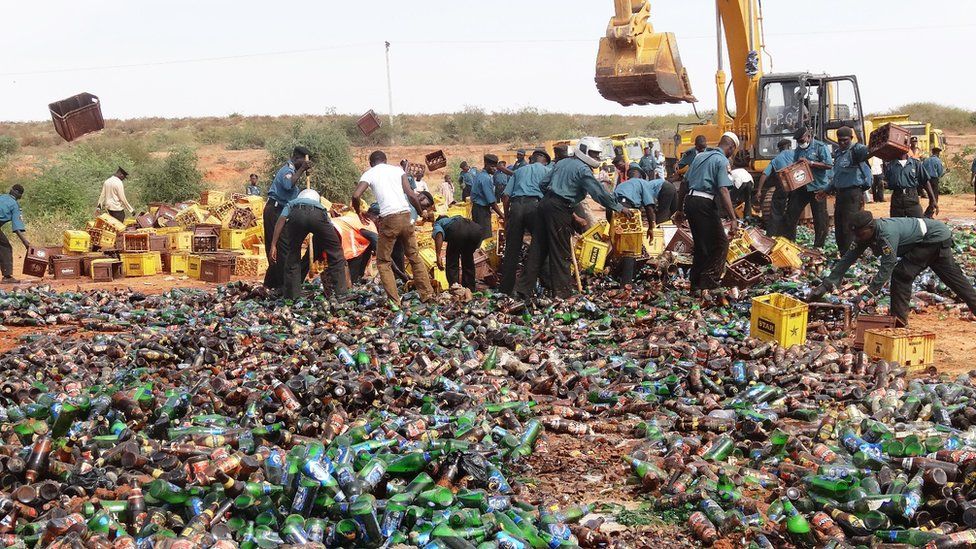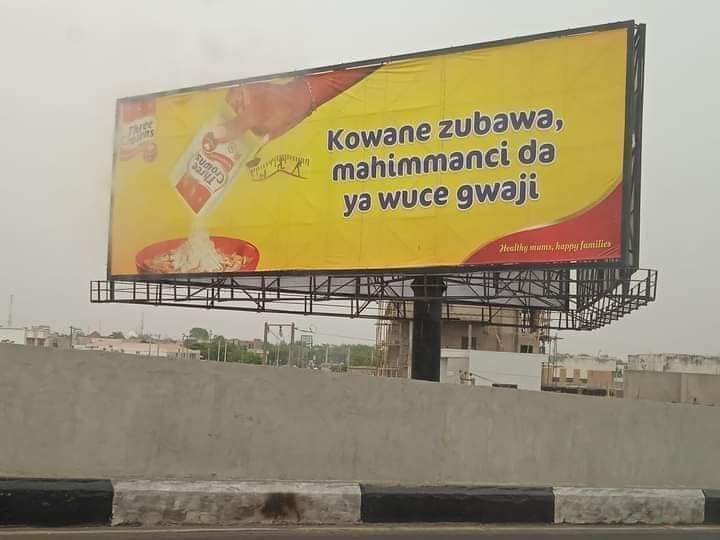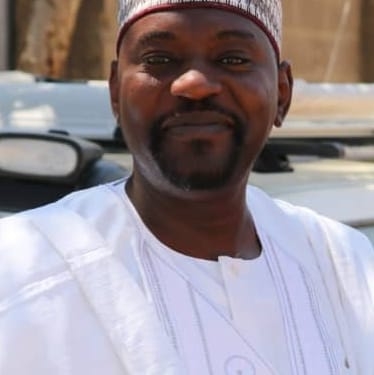Calls over shoddy Hausa translations in Northern Nigeria
By Uzair Adam Imam Translators, language experts, and advertising practitioners in Northern Nigeria are irritated by shoddy Hausa on billboards, TV and radio stations, with some calling for an end…



